"No winners in genocide case"
There will be no winners in the legal suit at the ICJ, and both suits have been lodged for internal political reasons, says NGO Director Vojin Dimitrijević.
Tuesday, 25.11.2008.
15:52

There will be no winners in the legal suit at the ICJ, and both suits have been lodged for internal political reasons, says NGO Director Vojin Dimitrijevic. Speaking to B92, the director of the Belgrade Center for Human Rights added that Serbia had been morally obliged to respond with a counter-suit of its own, now that the International Court of Justice (ICJ) had ruled that it had jurisdiction in the matter, as otherwise it would have been viewed as a sign of weakness. "No winners in genocide case" “Here, sadly, one can always gain political mileage by denouncing another country that’s viewed as a traditional enemy,“ said Dimitrijevic. Elation in Croatia over the ICJ’s ruling is Pyrrhic as is the despair felt here, said the professor, pointing out that the chances of either side gaining a positive result were remote. “In Croatia there is not a single ruling finding any Serb guilty of genocide, neither by Croatian nor international courts, nor are there any against any Croats, in the way that such a ruling does exist in Bosnia. One man was convicted, one man was accused of committing genocide in Srebrenica,“ he said. Although, by his own admission, he is one of those experts that advises against stooping to exchanges of accusations, Dimitrijevic added that he understood the position of the domestic political elite, which, politically, could not afford not to resort to a counter-suit. “A reaction must be made somehow to the opportunity that has opened up with the ICJ declaring itself competent, as its unquestionable that genocidal events and grave war crimes took place in Croatia too. That cannot go unanswered, as otherwise, the political elite here would suffer,“ said the NGO director. He explained that neither should one enter a situation where one argument was used “for one lot one moment, for others the next,“ reiterating that since the Serbian argument, based on the fact that the ICJ could not hear cases prior to 1992 when the Federal Republic of Yugoslavia did not exist, had been rejected, the same rule had to apply when it came to Croatian crimes perpetrated during World War II. He called Croatian Serb leader Milorad Pupovac’s idea to establish a Council of Reconciliation between Croatia and Serbia a good idea as an unnecessarily strained situation has been created over the lawsuit, though he questioned the feasibility of such an initiative as the “reserves“ of morally unblemished people had now all but been exhausted.
"No winners in genocide case"
“Here, sadly, one can always gain political mileage by denouncing another country that’s viewed as a traditional enemy,“ said Dimitrijević.Elation in Croatia over the ICJ’s ruling is Pyrrhic as is the despair felt here, said the professor, pointing out that the chances of either side gaining a positive result were remote.
“In Croatia there is not a single ruling finding any Serb guilty of genocide, neither by Croatian nor international courts, nor are there any against any Croats, in the way that such a ruling does exist in Bosnia. One man was convicted, one man was accused of committing genocide in Srebrenica,“ he said.
Although, by his own admission, he is one of those experts that advises against stooping to exchanges of accusations, Dimitrijević added that he understood the position of the domestic political elite, which, politically, could not afford not to resort to a counter-suit.
“A reaction must be made somehow to the opportunity that has opened up with the ICJ declaring itself competent, as its unquestionable that genocidal events and grave war crimes took place in Croatia too. That cannot go unanswered, as otherwise, the political elite here would suffer,“ said the NGO director.
He explained that neither should one enter a situation where one argument was used “for one lot one moment, for others the next,“ reiterating that since the Serbian argument, based on the fact that the ICJ could not hear cases prior to 1992 when the Federal Republic of Yugoslavia did not exist, had been rejected, the same rule had to apply when it came to Croatian crimes perpetrated during World War II.
He called Croatian Serb leader Milorad Pupovac’s idea to establish a Council of Reconciliation between Croatia and Serbia a good idea as an unnecessarily strained situation has been created over the lawsuit, though he questioned the feasibility of such an initiative as the “reserves“ of morally unblemished people had now all but been exhausted.










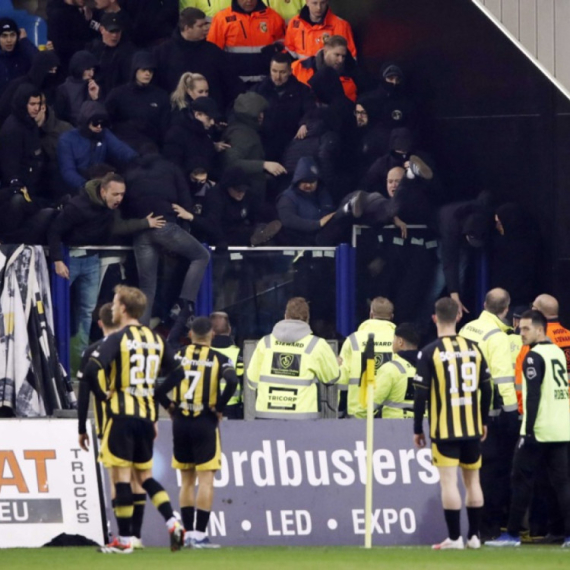

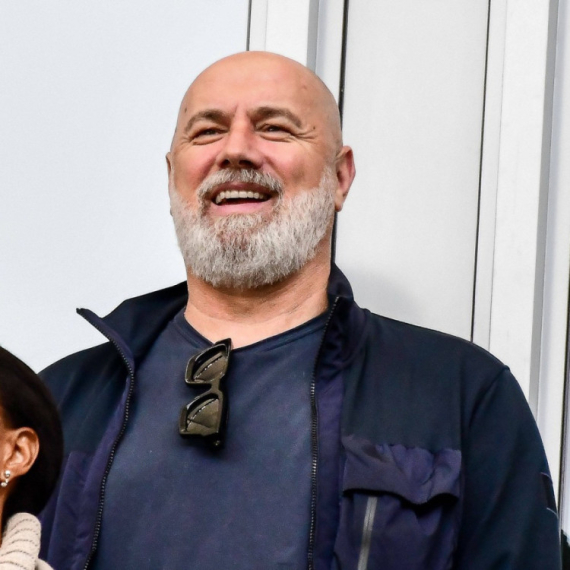

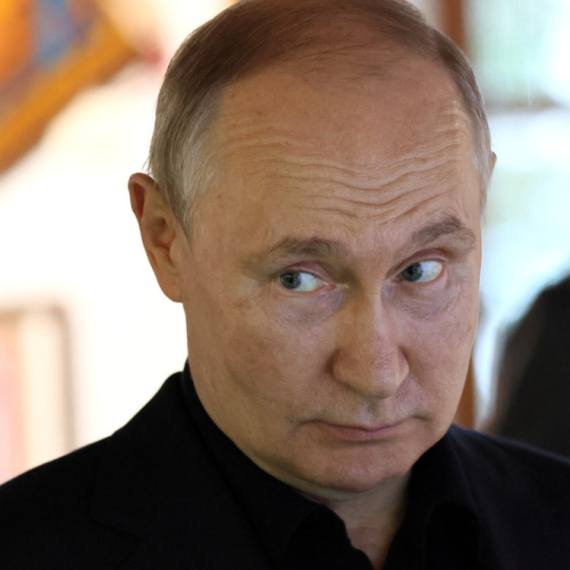

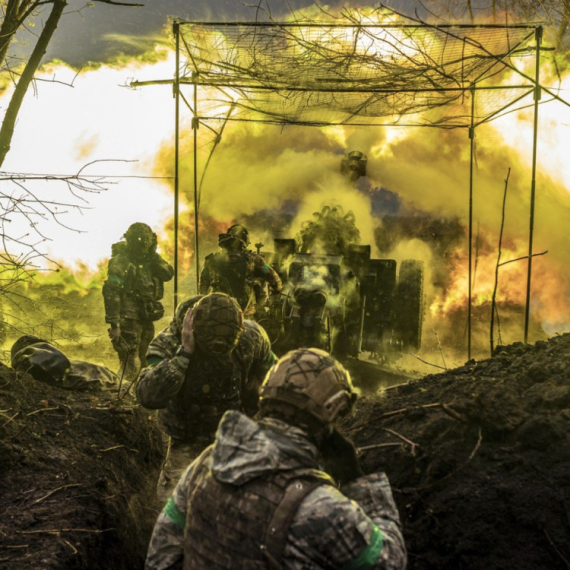



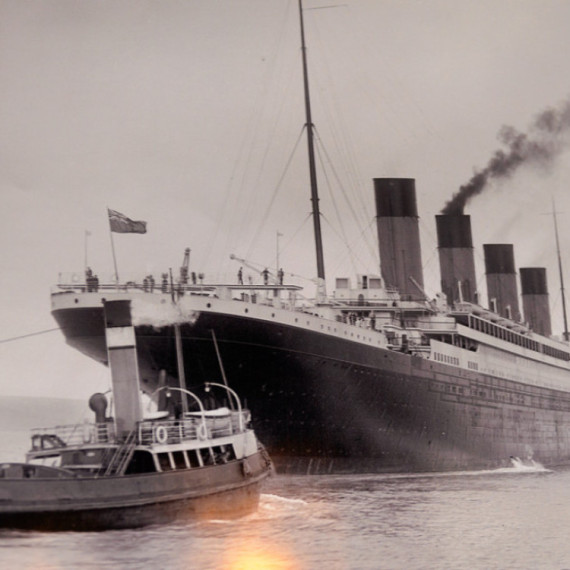

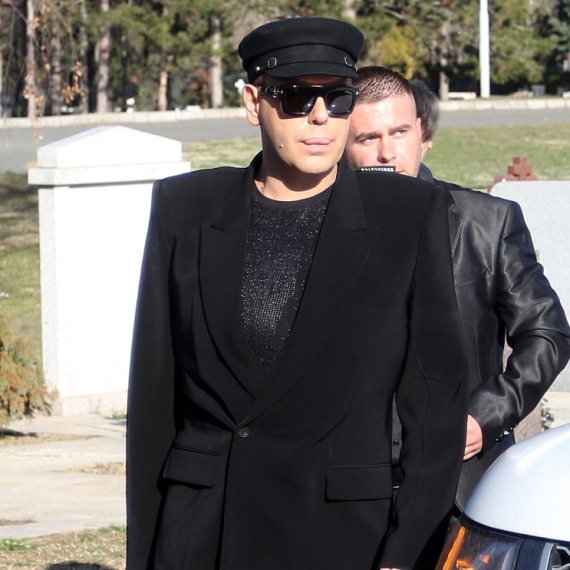

































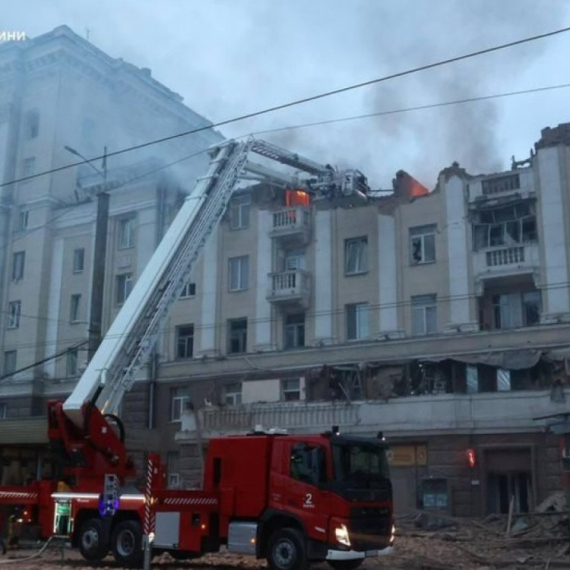
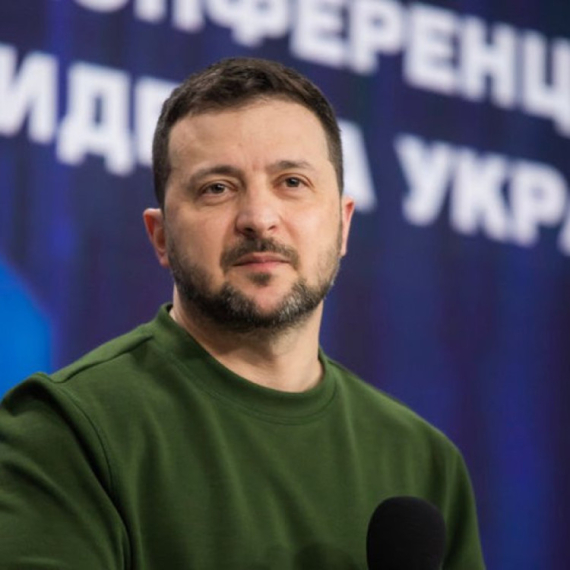

Komentari 2
Pogledaj komentare